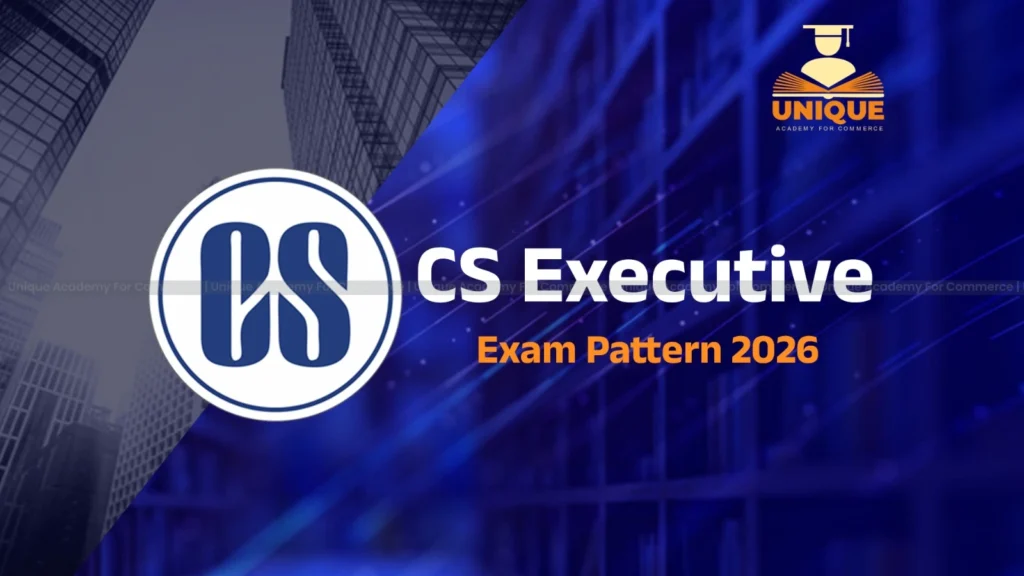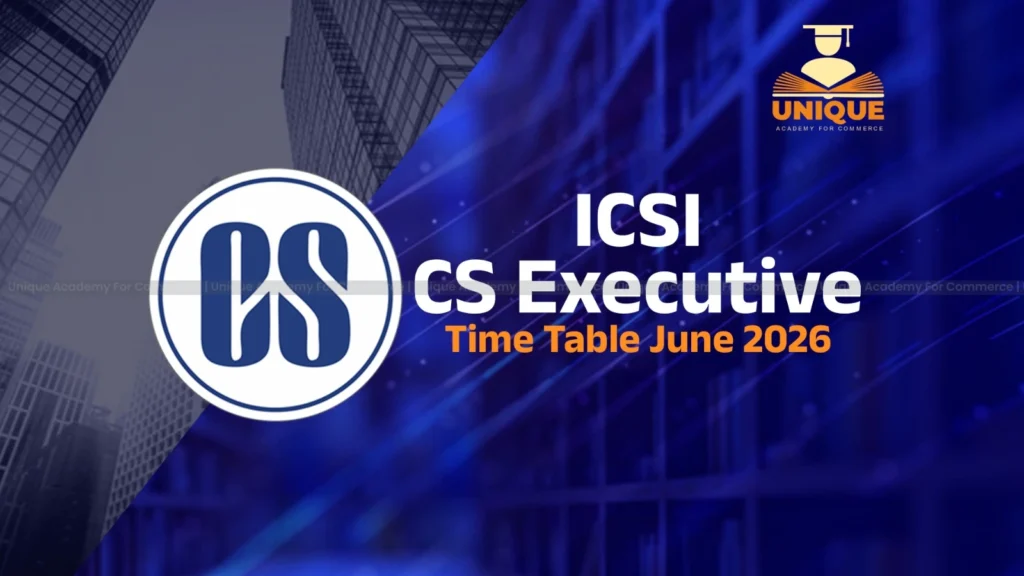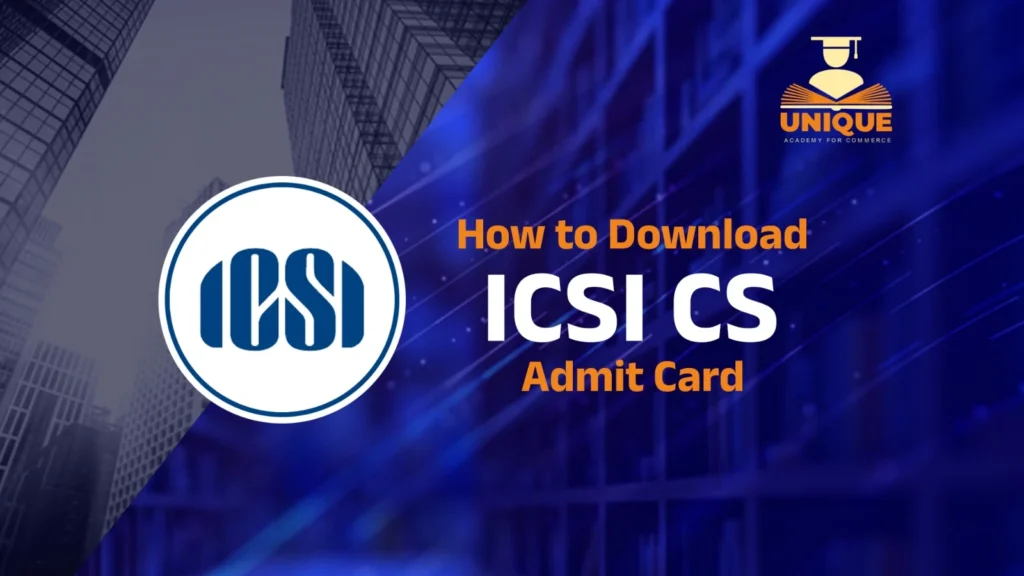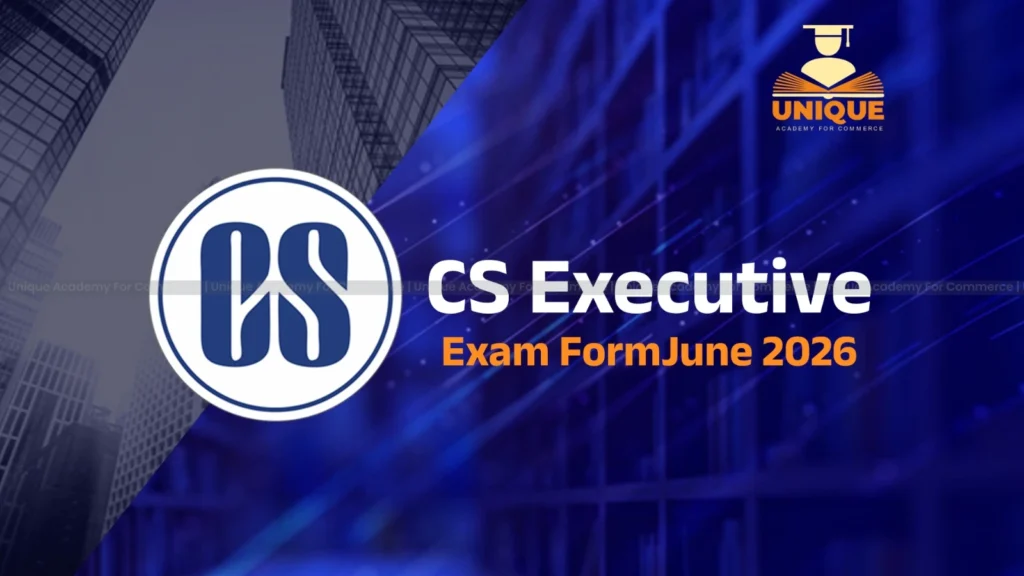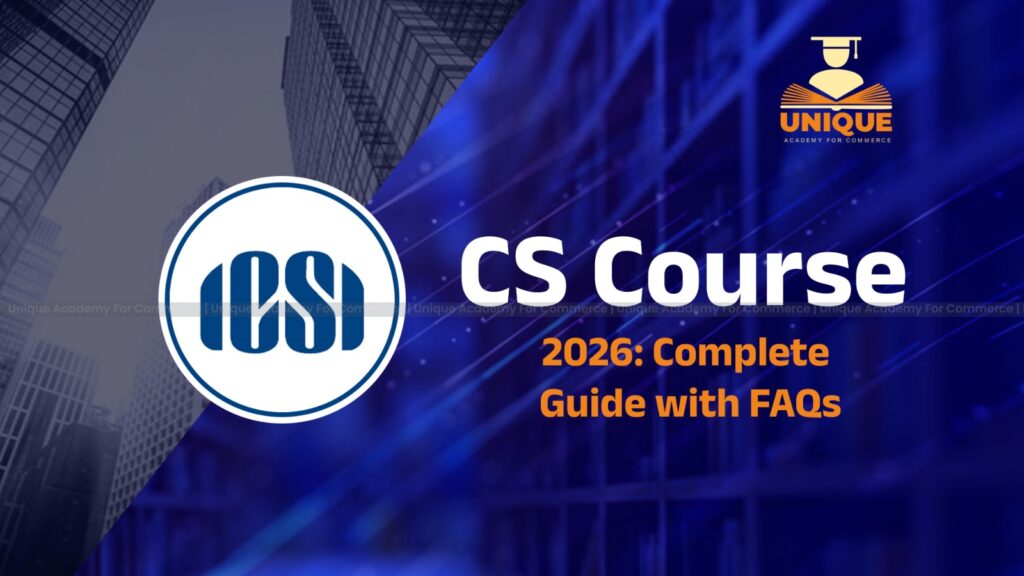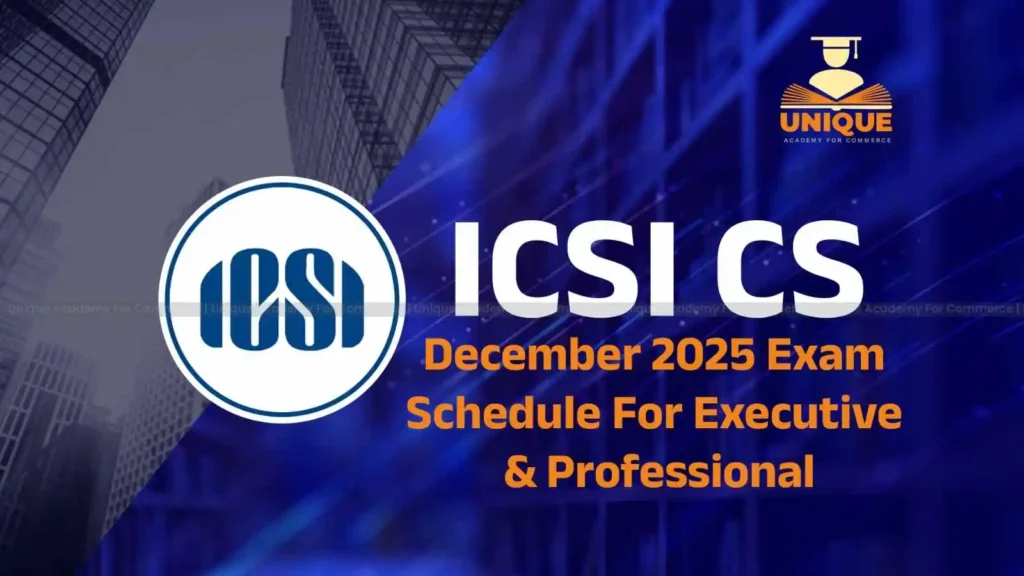CS Executive Slaw Video Lecture | Security Law And Capital Markets

The main role of the Company Secretary is to act as a Compliance Officer of the company. Apart from this he has to ensure that the Corporate Governance should remain intact. When it comes to preserving the rules and regulations of Corporate Governance, the Company Secretary has to ensure the protection of the interest of the investors as well. The Securities laws enhances the efficiency and liquidity in the financial markets including protecting information traders. Furthermore, by protecting information traders, securities regulation represents the highest form of market integrity.
On the other hand, Capital markets are important to be understood because they are that part of Indian Financial system which not only finances the economy but also allocates risk, and support economic growth and financial stability in the country. It is also important to understand that Capital markets enable debt issuance, which is a more efficient and less restrictive form of borrowing for corporations.
Considering all the importance which this subject holds for any professional student, this subject becomes one of the most important subject of CS Executive examination. It is the sixth subject of the Module 2 of CS Executive.
As we know that CS Executive is the second stage of the professional course of Company Secretary. The executive stage is basically designed to inculcate skills and competence of executive program passed students.
There are 8 papers divided into 2 Modules in CS Executive Programme (wef. 01.03.2018)
| MODULE 1 (4papers) | MODULE 2 (4 papers) |
|---|---|
| 1. Jurisprudence, Interpretation & General Laws | 5. Corporate & Management Accounting |
| 2. Company Law | 6.Securities Laws & Capital Markets |
| 3. Setting Up Of Business Entities And Closure | 7.Economic, Business And Commercial Laws |
| 4. Tax Laws | 8. Financial And Strategic Management |
Security Law Syllabus For CS Executive
Part I -To provide expert knowledge in the legislations, rules and regulations governing the
entities listed on the stock exchanges.
Part II -To provide the basic understanding of the working of capital markets in India.
PART I : SECURITIES LAWS (70 MARKS)
Detailed Contents
- Securities Contracts (Regulation) Act, 1956 : Objectives of the SCR Act, Rules and Regulations
made there under; Important Definitions; Recognized Stock Exchange, Clearing Corporation; Public
issue and listing of securities; Rules relating to Public Issue and Listing of Securities under Securities
Contracts (Regulation) Rules, 1957. - Securities and Exchange Board of India Act, 1992: Objective; Powers and functions of SEBI;
Securities Appellate Tribunal; Penalties and appeals. - Depositories Act, 1996 : Depository System in India; Role & Functions of Depositories; Depository
Participants; Admission of Securities; Dematerialization & Re-materialisation; Depository Process;
Inspection and Penalties; Internal Audit and Concurrent Audit of Depository Participants. - An Overview of SEBI (Issue of Capital and Disclosure Requirements) Regulations, 2009.
SEBI (Issue of Capital and Disclosure Requirements) Regulations, 2009 rechristened as SEBI
(Issue of Capital and Disclosure Requirements) Regulations, 2018. - An Overview of SEBI (Listing Obligations and Disclosure Requirements) Regulations, 2015.
- An Overview of SEBI (Substantial Acquisition of Shares and Takeovers) Regulations, 2011.
- SEBI (Buyback of Securities) Regulations, 1998 : Conditions of buy-back; Buy back Methods:
Tender Offer, Open Market (Book building and Stock Exchange); General obligations; Penalties.
SEBI (Buyback of Securities) Regulations, 1998 rechristened as SEBI (Buyback of Securities)
Regulations, 2018. - SEBI (Delisting of Equity Shares) Regulations, 2009 : Delisting of Equity Shares; Voluntary Delisting;
Exit Opportunity; Compulsory Delisting. - An Overview of SEBI (Share Based Employee Benefits) Regulations, 2014.
- An Overview of SEBI (Issue of Sweat Equity) Regulations, 2002.SEBI (Prohibition of Insider Trading) Regulations, 2015 : Unpublished price sensitive information
- (UPSI); Disclosures; Codes of fair disclosure and conduct; Penalties and Appeals.
- Mutual Funds : Types of Mutual Funds and Schemes; Key players in Mutual Funds: Sponsor, Asset
Management Company, Trustee, Unit holder, Evaluating performance of Mutual funds- Net Asset Value,
Expense Ratio, Holding Period Return. - Collective Investment Schemes : Regulatory Framework; Restrictions on Business Activities;
Submission of Information and Documents; Trustees and their Obligations. - SEBI (Ombudsman) Regulations, 2003 : Procedure for Redressal of Grievances; Implementation of
the Award; Display of the particulars of the Ombudsman, SCORES, SEBI (Informal Guidance) Scheme,
2003.
Case Laws, Case Studies & Practical Aspects
PART II: CAPITAL MARKET & INTERMEDIARIES (30 MARKS) - STRUCTURE OF CAPITAL MARKET
I. Primary Market
(a) Capital Market Investment Institutions-Domestic Financial Institutions (DFI), Qualified
Institutional Buyers (QIB), Foreign Portfolio Investors (FPI), Private Equity, Angel Funds,
HNIs, Venture Capital, Pension Funds, Alternative Investment Funds.
(b) Capital Market Instruments-Equities, Preference Shares, Shares with Differential Voting
Rights, Corporate Debt, Non-Convertible Debentures (NCD), Partly, Fully and Optionally
Convertible Debentures, Bonds, Foreign Currency Convertible Bonds (FCCB), Foreign
Currency Exchangeable Bonds (FCEB) Indian Depository Receipts (IDR), Derivatives,
Warrants;
(c) Aspects of Primary Market- book building, ASBA, Green Shoe Option.
II. Secondary Market
Development of Stock market in India; Stock market & its operations, Trading Mechanism,
Block and Bulk deals, Grouping, Basis of Sensex, Nifty; Suspension and Penalties; Surveillance
Mechanism; Risk management in Secondary market, Impact of various Policies on Stock Markets
such as Credit Policy of RBI, Fed Policy, Inflation index, CPI, WPI, etc. - Securities Market Intermediaries : Primary Market and Secondary Market Intermediaries: Role and
Functions, Merchant Bankers, Stock Brokers, Syndicate Members, Registrars and Transfer Agents,
Underwriters, Bankers to an Issue, Portfolio Managers, Debenture Trustees, Investment Advisers,
Research Analysts, Market Makers, Credit Rating Agencies; Internal Audit of Intermediaries by
Company Secretary in Practice.
Case Laws, Case Studies & Practical Aspects.
CS Executive Security Law Demo Lecture
Best CS Executive Security Law Video Lectures
Complete Security Law Video Lecture
CS Shubham Abad







